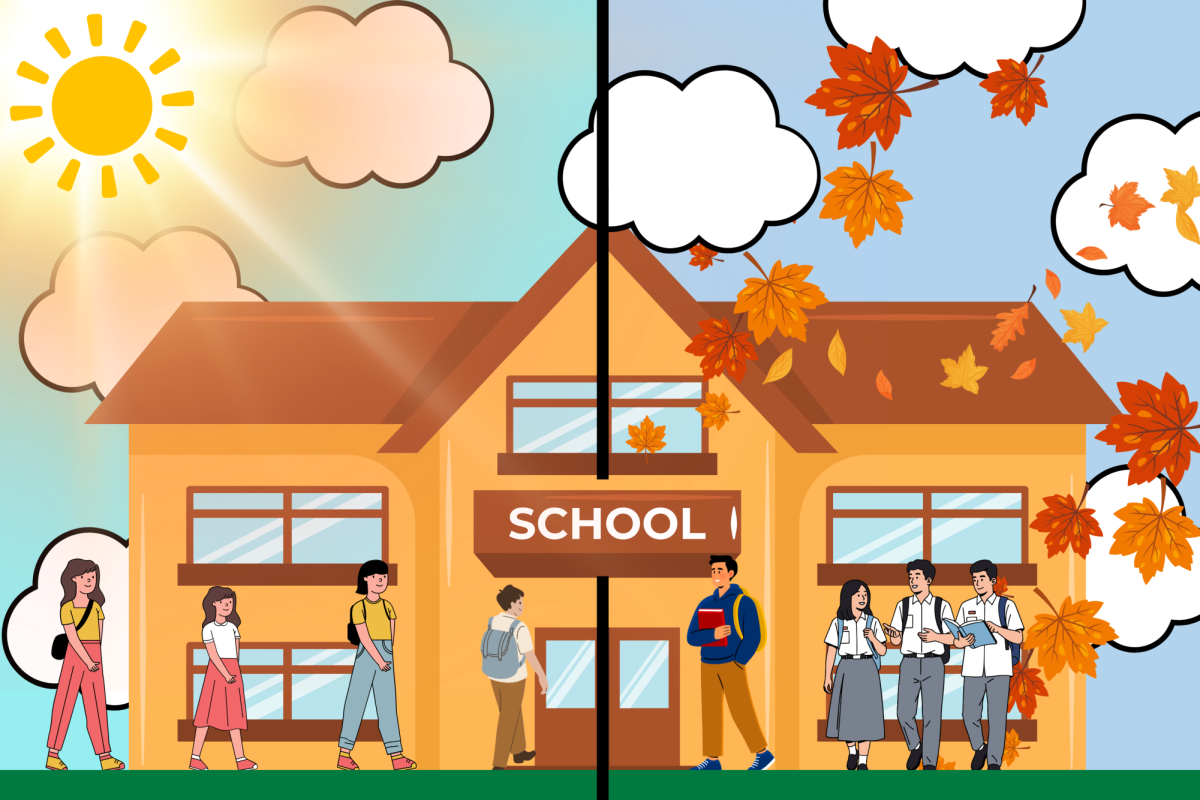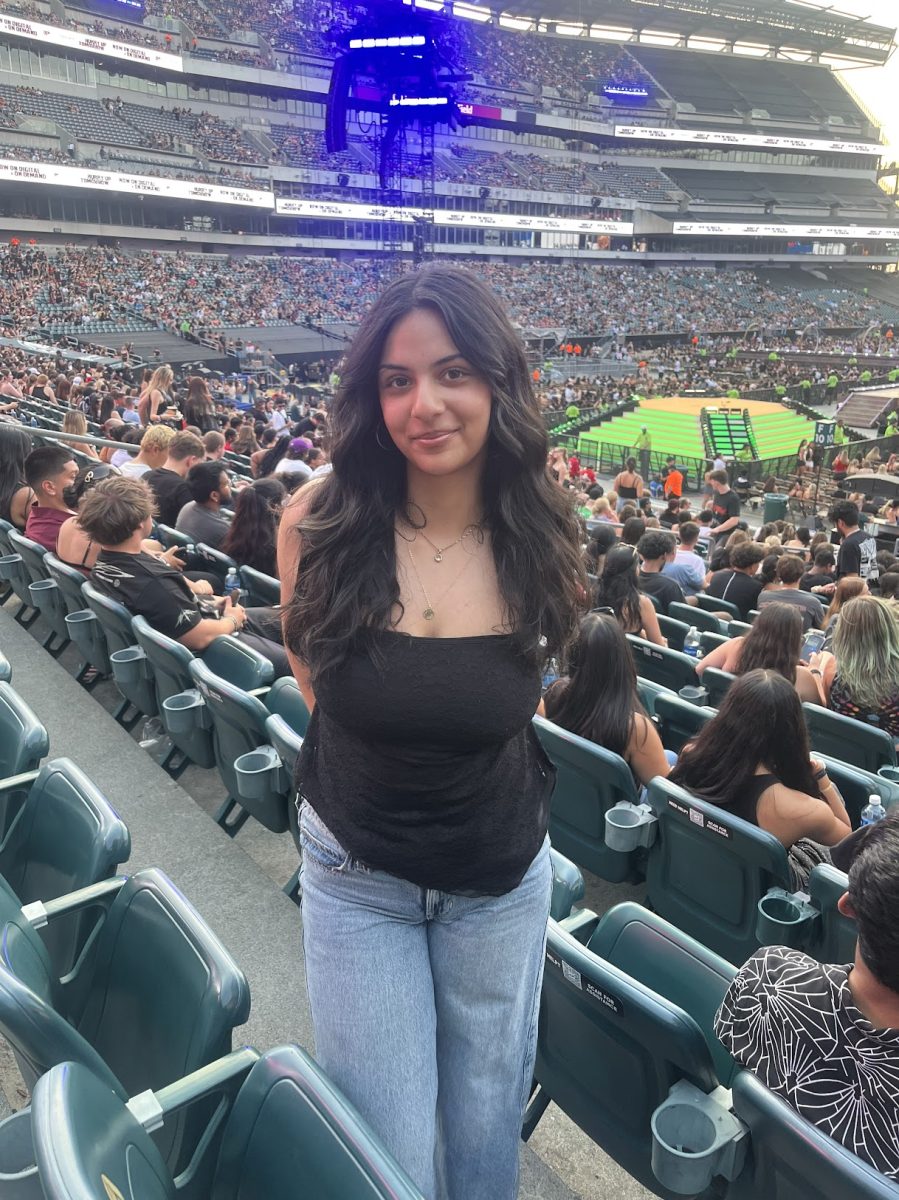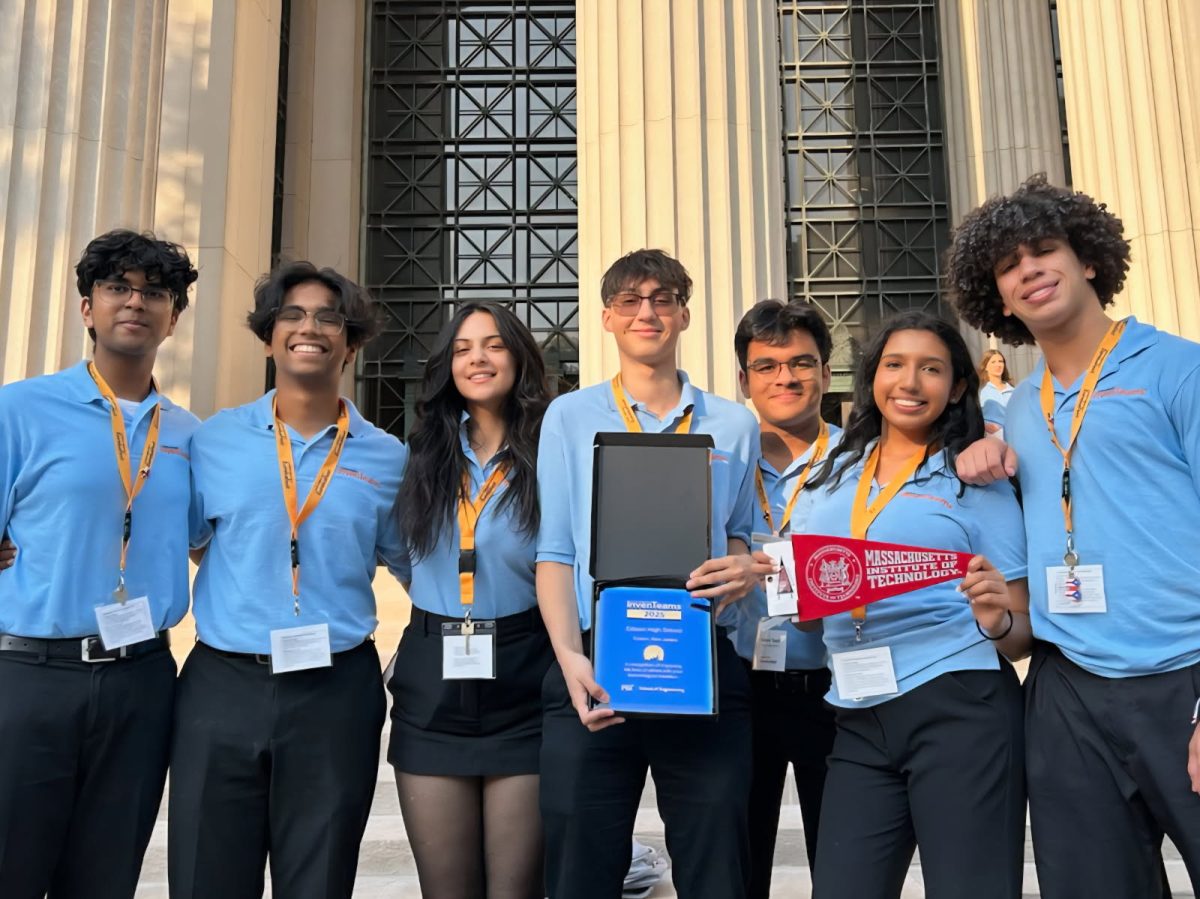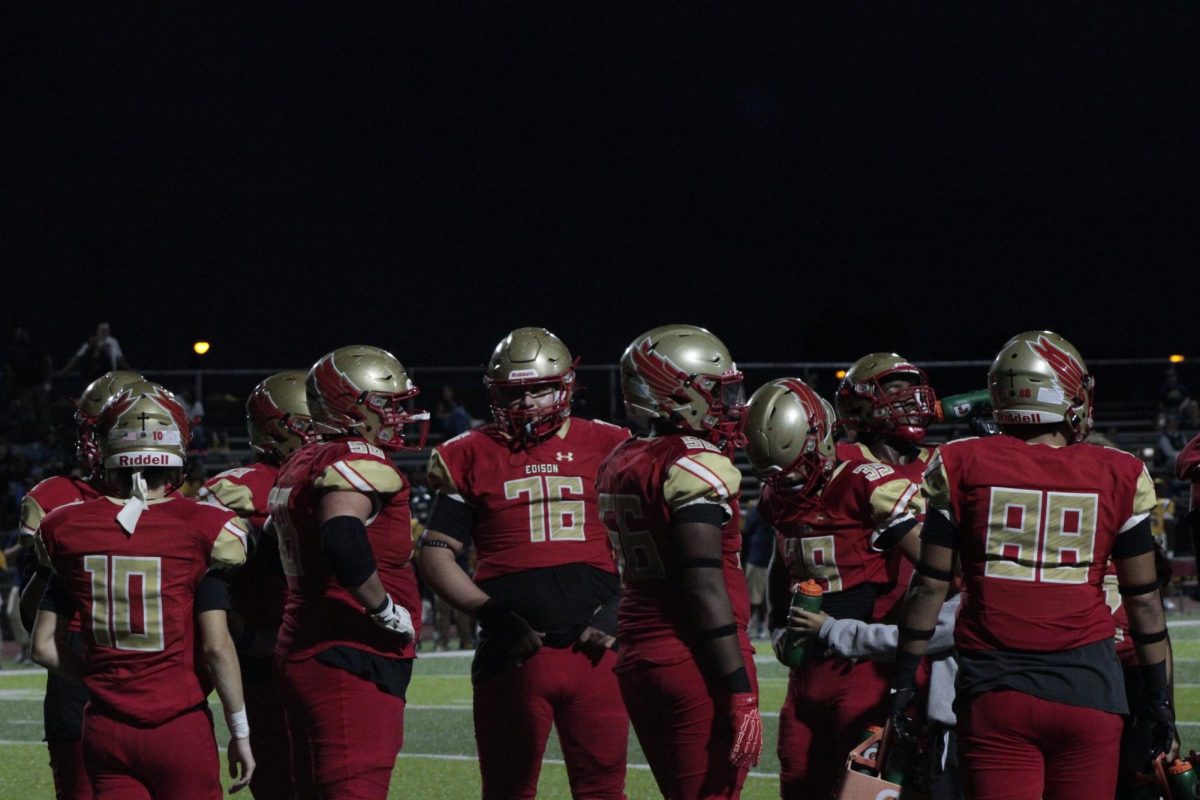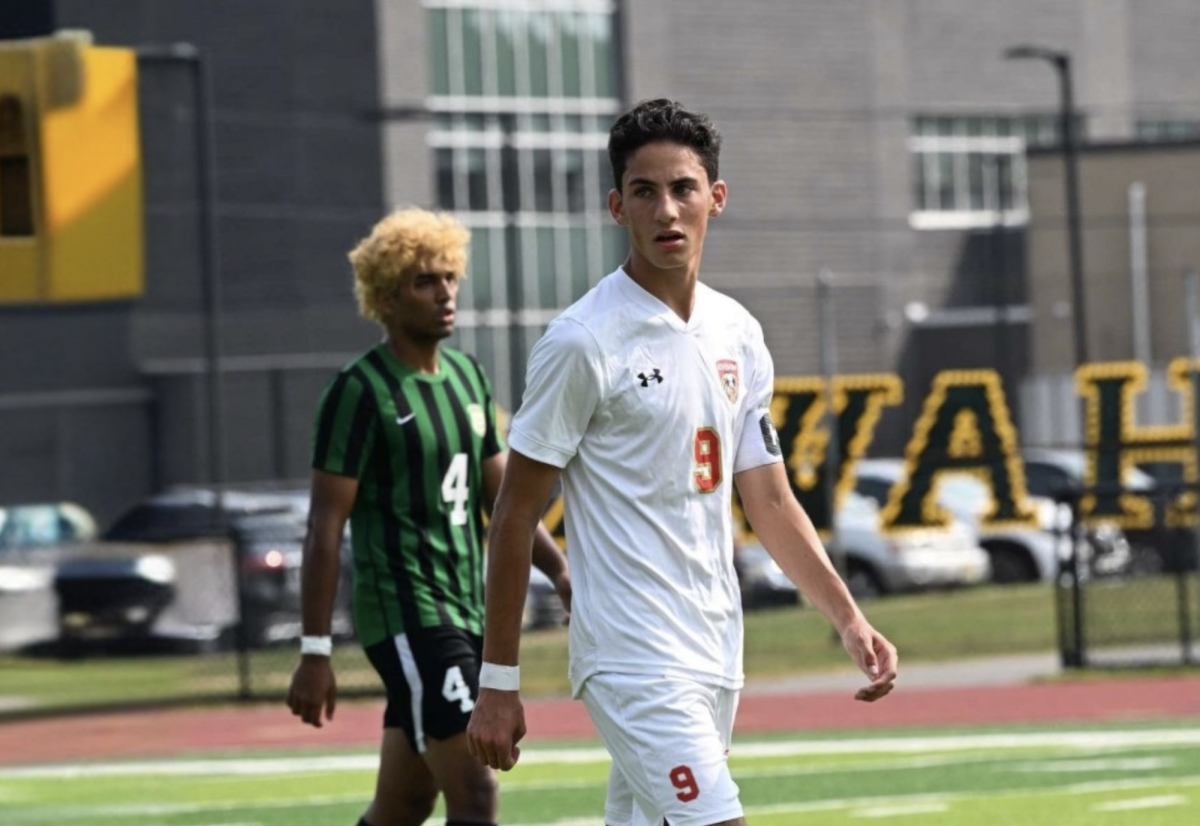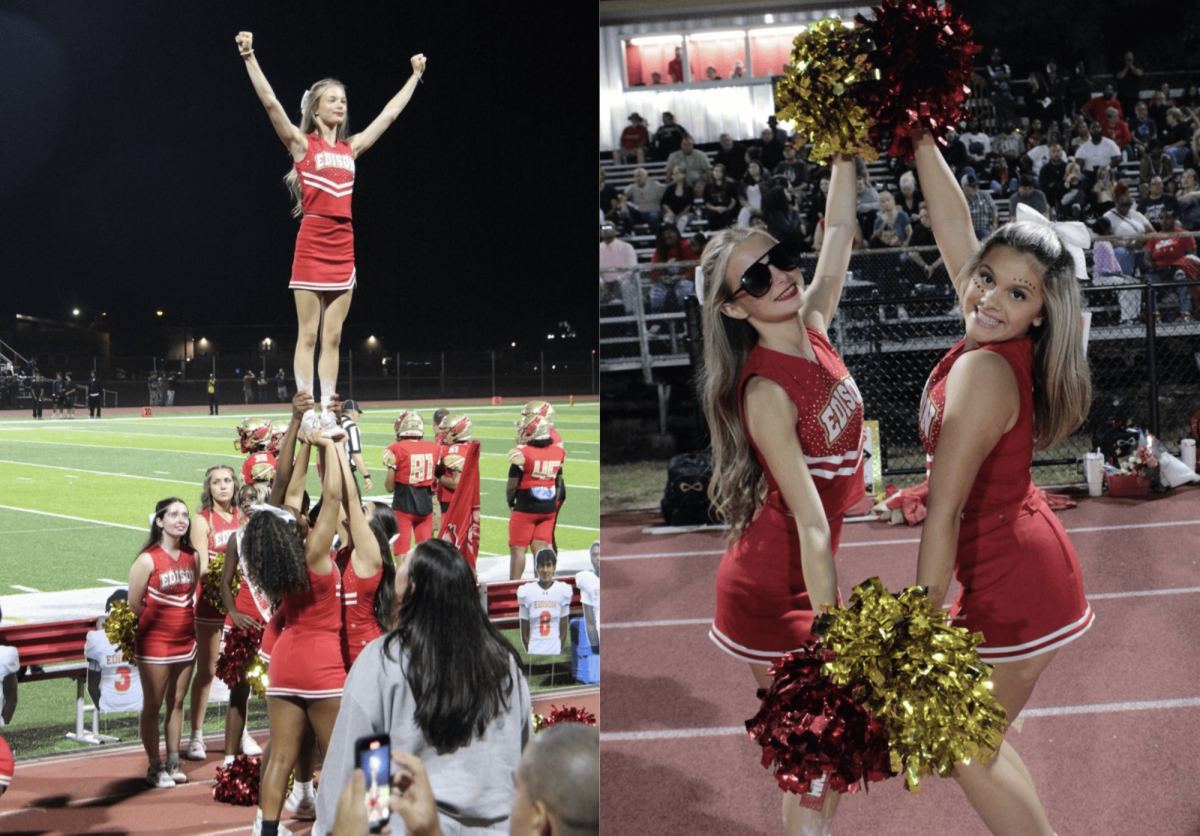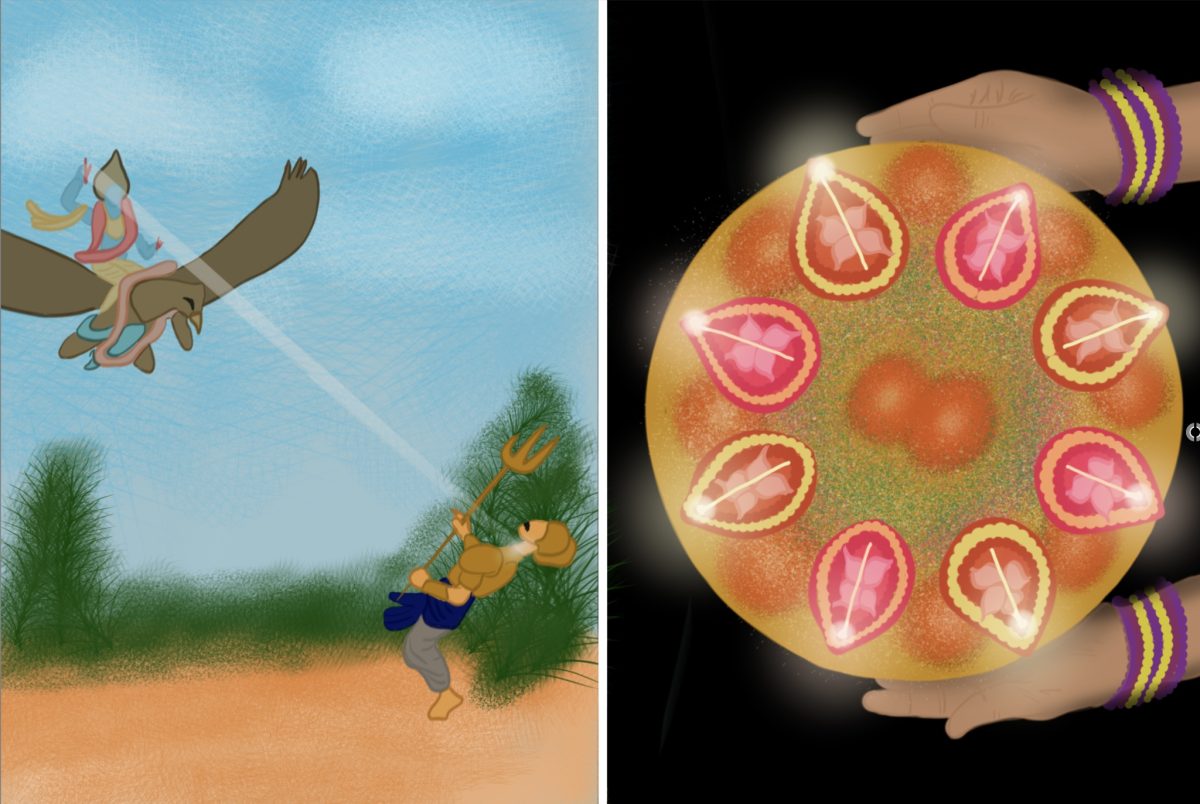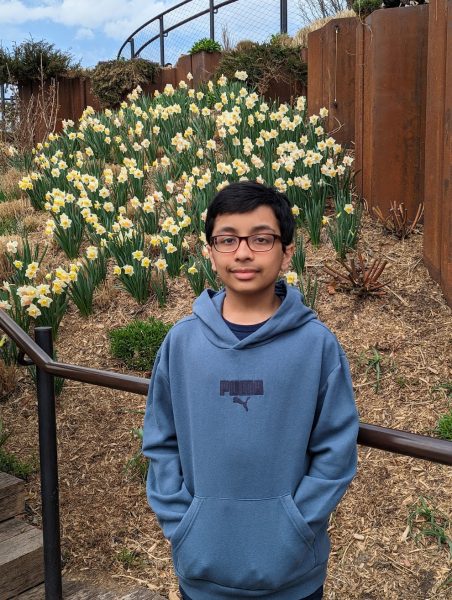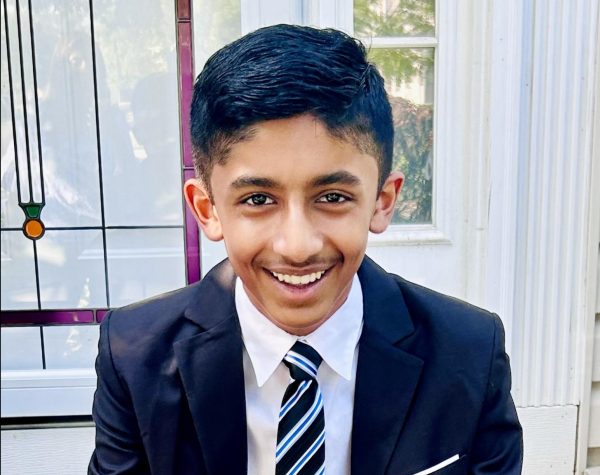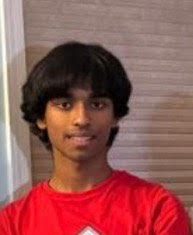This October 31, as some students are donning costumes, many students at EHS look forward to spending time with family, watching fireworks, and making rangolis to celebrate Diwali. In the past, the festival of lights has been celebrated in a variety of different ways, though all centered around one concept: the triumph of good over evil. From religious origins to massive firework celebrations, Diwali has grown significantly throughout the past, impacting how students at EHS celebrate the holiday in the present.
The origins of Diwali are shrouded in mystery, as the holiday is linked to a variety of religious texts, with no definitive answer as to which came first. In North India, one popular story centers on Lord Rama, a reincarnation of the Hindu protector of the universe Vishnu. In the tale, a demon king, Ravana, captures Rama’s wife, Sita. Rama and his brother Lakshman, with the help of monkey king Hanuman, fight and defeat Ravana. When traveling back to Rama’s home, Ayodhya, the couple were guided by lamps people lit to guide them, making lights synonymous with the celebration of Diwali.
In South Indian scripture, while Lord Rama’s story is accepted, the defeat of the demon king Narakasura is another reason pointing to the celebration of Diwali, or Deepavali. Narakasura had captured and tortured 16,000 prisoners and females; however, during his fight with Lord Krishna, another reincarnation of Vishnu, Krishna is overwhelmed and faints. Despite this, Vishnu’s wife, Satyabhama defeats Narakasura, liberating all the prisoners.
Diwali is believed to date back over 2,500 years ago, and is now observed by over a billion people. Over time, Diwali has transformed from a home-based observance to a community oriented celebration, with public gatherings and large-scale festivities. At EHS, students celebrate Diwali in a variety of ways, including massive firework celebrations, spending time with loved ones, and enjoying Indian sweets and snacks.
“We light up our front yard with these colorful lights and light diyas. Our house is always full of bright lights during the month of Diwali. For my family, it’s become a yearly tradition where we all come together at a cousin’s house and just have fun together, from eating Indian sweets to lighting up fireworks and waking up the whole neighborhood,” said Khushi Bhavsar ‘27.
Many celebrate Diwali by decorating their homes with lights, symbolic of “the festival of lights.” Lights are meant to symbolize the triumph of good over evil, and to welcome the Hindu goddess of prosperity, Lakshmi. According to Hindu scripture, bright lights serve as a beacon for Lakshmi to travel to and bless. Additionally, spending time with family is one of the most important values of Diwali, as the holiday signifies a time for togetherness.
“On the day of Diwali, I go to my family friend’s house and spend quality time with them, eating a variety of Indian foods and sweets. We then light a wide variety of fireworks,” said Pavan Arun ‘25.
Moreover, many EHS students celebrate Diwali by eating traditional Indian food and lighting fireworks. Diwali has a long tradition of sweets, and many students at Edison High eat traditional Indian “mithai,” or sweets to celebrate the occasion. Furthermore, lighting fireworks has become a staple of modern day Diwali celebrations, with pyrotechnics being another way of representing the theme of Diwali: the triumph of good over evil.
In addition, some EHS students participate in “pujas,” Hindu worship rituals, to celebrate the holiday.
“For Dhanteras (the first day of Diwali), we get a price of gold and we do puja. Then on Diwali we do puja twice once at night and once in the day at noon. We do puja and the girls have a fast till 8pm. After that, we just celebrate by going over to others’ houses,” said Prisha Shrivastava ‘28.
Pujas are meant to seek blessings from various Hindu deities. Due to Diwali’s cultural and spiritual significance, many students at EHS host pujas to wish for good luck in the future.
Celebrated today with customs such as firework celebrations, pujas, and consumption of traditional food, Diwali has greatly grown since its conception. However, the central theme of Diwali—the triumph of good over evil—remains strong in the eyes of many Edison High students.



















